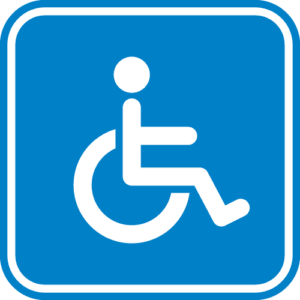The Minor Injury Regulation, excludes musculoskeletal injuries that do not result in serious impairment. In Sparrowhawk v Zapoltinski (2012) A.J. No. 54(Q.B.)(Q.L.), Justice Shelley analyzed the phrase “serious impairment” and “substantial inability” in the Minor Injury Regulation and wrote as follows:
Serious Impairment
B.The Injury Caused Serious Impairment
96 The MIR excludes as minor injuries any injury that causes “serious impairment”. Evaluation of serious impairment has five steps:
- whether a physical or cognitive function is impaired;
- whether a sprain, strain, or WAD injury is “the primary factor contributing to the impairment”;
- does the impairment cause substantial inability to perform:
- a) essential work tasks,
- b) essential facets of training or education, or
- c) “normal activities of the claimant’s daily living”;
- whether the impairment has been “ongoing since the accident”; and
- whether the impairment is not expected to “improve substantially”.
…
113 I conclude that “substantial inability” exists where an injury:
- prevents an injured person from engaging in a “normal activity of daily living”,
- impedes an injured person’s engaging in a “normal activity of daily living” to a degree that is non-trivial for that person,
- does not impede an injured person from engaging in a “normal activity of daily living” but that activity is associated with pain or other discomforting effects such that engaging in the activity diminishes the injured person’s enjoyment of life.
This analysis clearly opens up the door for chronic musculoskeletal pain cases. Musculoskeletal pain qualifies as a “sprain, strain or whiplash associated disorder” under the Minor Injury Regulations. However, if the musculoskeletal pain becomes chronic, it is, by definition, not a minor injury. This is because it results in serious impairment as it interferes with normal activities of daily living (NADL). It may “prevent” engagement in NADL’S or “impede” one from engaging in NADL’S to a degree that is non-trivial for that person. This is both a subjective and objective test. An injury may also not impede with NADL’S but can result in diminished enjoyment of life. A functional capacity evaluation will assist in proving your musculoskeletal injury is not, by definition, minor.








